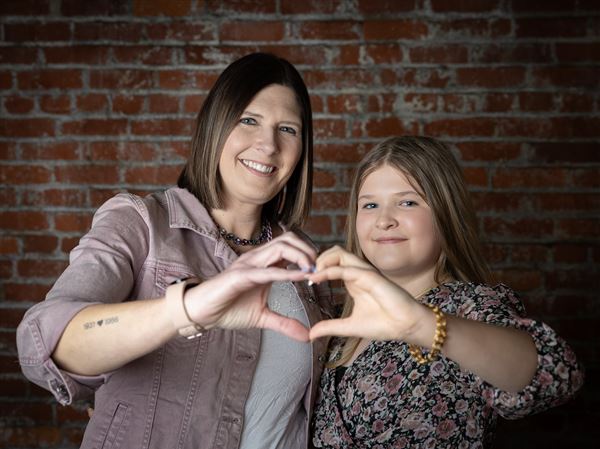On the rural Fiji Island of Viti Levu, scientist Jared Diamond listened as a local man who had visited the United States outlined his impressions. The island resident saw much to admire but was appalled that many older Americans live in retirement homes where their children rarely visit.
"You throw away your old people and your own parents!" he told the Pulitzer Prize-winning author of "Guns, Germs and Steel."
Where: Pittsburgh Arts & Lectures at Carnegie Music Hall, 4400 Forbes Ave., Oakland.
When: 7:30 tonight.
Tickets: $15; $10 for students with ID; reserved seats $25-$35. 412-622-8866 or www.pittsburghlectures.org.
How different countries treat older people is just one of many topics Mr. Diamond examines in his new book, "The World Until Yesterday: What Can We Learn From Traditional Societies?" In it, the evolutionary biologist and anthropologist draws on his field work in the Pacific Islands and among the Inuit, Amazonian Indians and Kalahari San people. He speaks tonight at 7:30 in Oakland's Carnegie Music Hall.
A 75-year-old professor of geography at the University of California at Los Angeles, Mr. Diamond suggested one quick way to understand how older people are viewed in America that reveals why they are not valued.
"Take five minutes to open any magazine and look at the advertisements. Look at advertisements with old people," he said during a telephone interview. Gray-haired models appear in ads for investment advisers, retirement homes and diapers while younger people pose in promotions for beer and Coca-Cola.
"When did you see a beer ad or Coca-Cola ad with happy 80-year-olds clicking their glasses?" he asked.
Older people are valuable to societies because they have experience in their field, often possess a good understanding of relationships and can usually help others without letting their ego get in the way.
Older people possess a depth of experience that younger people lack, Mr. Diamond said.
When he talks to people at hedge funds, the author said, he sees plenty of "whiz kids who know all the modern math. They don't have any experience of the technology bubble of 10 years ago or the Great Depression or the rise in interest rates of the 1970s. When one of those conditions arises again, the whiz kids don't know about it. A 50- or 60-year-old knows how to handle it."
Older people can be excellent caregivers for their grandchildren, which gives them a chance to share their wisdom with the next generation while affording parents a break.
"A grandparent is not going to quit because they got a higher paying job that offers better benefits at the day care center next door," Mr. Diamond said.
In general, he opposes mandatory retirement because he believes it robs society of valuable, productive workers. His late father, who was a pediatrician at Harvard University, had to retire at age 66. So, Dr. Louis Diamond moved to California to be near his children and grandchildren.
"He got a job at the University of California at San Francisco. He taught young doctors for another two decades," his son said. "He taught until age 85. He saw his last patient at age 93."
First Published: January 14, 2013, 10:00 a.m.

















